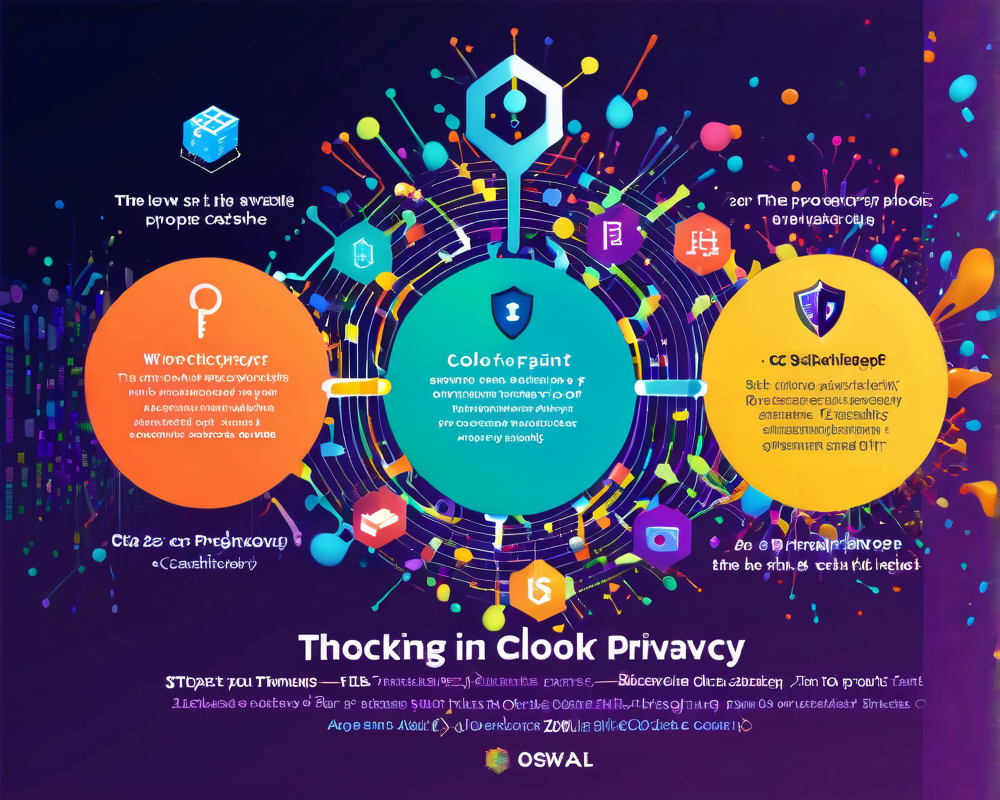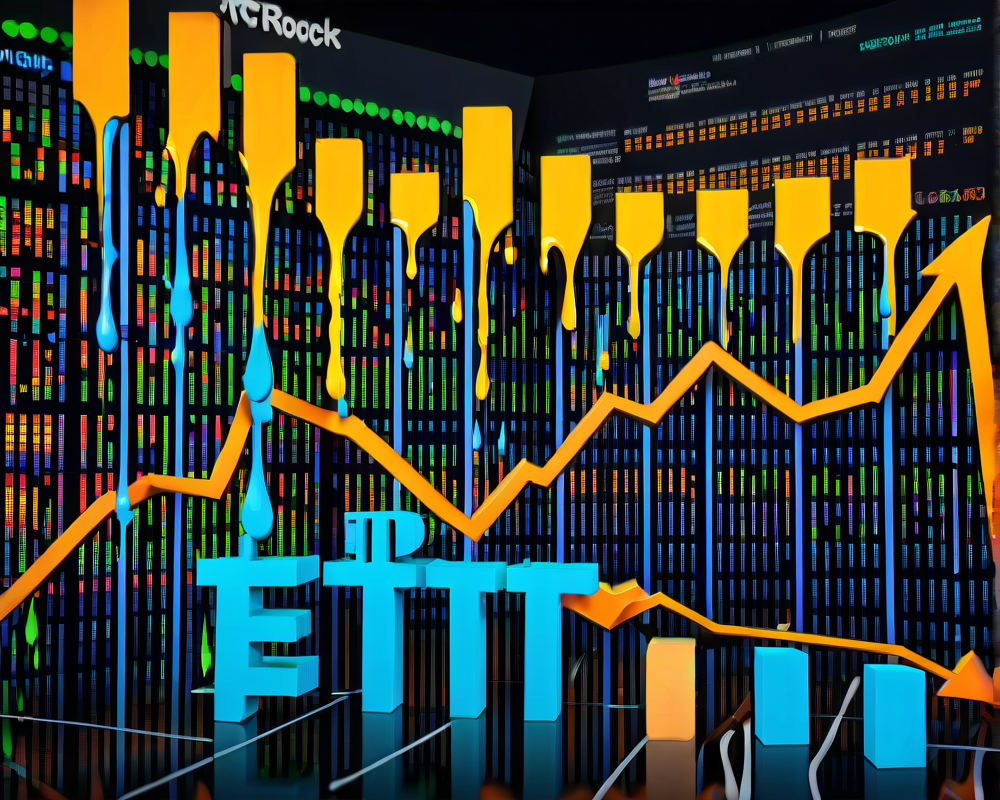Unlocking Blockchain Privacy: The Dynamic Duo of Zero-Knowledge Proofs and Multiparty Computation
Understanding Privacy in Blockchain
In the vast world of blockchain technology, privacy is the elusive unicorn—hard to catch yet so crucial for user confidence. With every block added, the balancing act between transparency and confidentiality becomes the tightrope walk of the century. Enter Zero-Knowledge Proofs (ZK) and Multiparty Computation (MPC), two tech warriors in the privacy arena.
What Exactly Are Zero-Knowledge Proofs?
Imagine being able to prove you can do a backflip without ever showing anyone your flip skills. That’s ZK in a nutshell! It allows users to prove they have specific information without revealing the information itself. While this sounds like a tech magician’s trick, it comes with the downside of being decisively resource-heavy. For larger networks, ZK can feel like trying to fit a sumo wrestler in a Volkswagen — just a tad impractical!
Pros and Cons of Zero-Knowledge Proofs
- Pros: Maintains privacy in transactions, enhances user trust.
- Cons: High computational demands, can become cumbersome in large applications.
Multiparty Computation: The Team Player
If ZK is the lone magician, MPC is the team of magicians performing a synchronized routine without revealing their tricks. Think of it like a potluck dinner where everyone brings a dish, but no one reveals their secret recipe. MPC enables a group to collaboratively compute functions over their inputs while keeping those inputs private. This is a game-changer, as it allows organizations to work together without exposing sensitive data.
Benefits of Multiparty Computation
MPC not only promotes collaboration but also enhances efficiency:
- Can solve complex problems with multiple data sources.
- Scalable solutions for various blockchain applications.
- Adapts to a diverse range of sectors from healthcare to finance.
Combining Forces: Use Cases that Shine
When ZK and MPC join forces, the result is like a blockbuster superhero movie—exciting and impactful. Here’s how they can come together in the real world:
- Preventing Front-Running on DEXs: By keeping transaction orders hidden, MPC ensures honest trading.
- Financial Transactions: Banks can collaboratively analyze fraud patterns without exposing individual data.
- Healthcare Research: Patient data can be pooled securely, paving the way for groundbreaking discoveries.
A Glimpse into Other Applications
Imagine voting systems that keep ballots confidential while ensuring transparency, or real estate deals that maintain negotiation strategies under wraps. The possibilities are endless!
Brace for the Future: The Evolution of Privacy Solutions
With the blockchain realm constantly evolving, staying ahead of the curve is crucial. Though ZK might get more spotlight, it would be shortsighted to ignore the immense potential of MPC. As data privacy becomes ever more critical, especially with regulations tightening globally, MPC stands poised to offer secure collaborative solutions that don’t compromise privacy.
A Brief History of MPC
The concept of MPC dates back to the 1980s with Andrew Yao’s introduction of the “Millionaires’ Problem,” essentially a thought experiment where wealthy individuals could figure out the richest among them without disclosing their fortunes. This groundbreaking idea became the building block for privacy-preserving protocols that we are now adopting in blockchain contexts.




